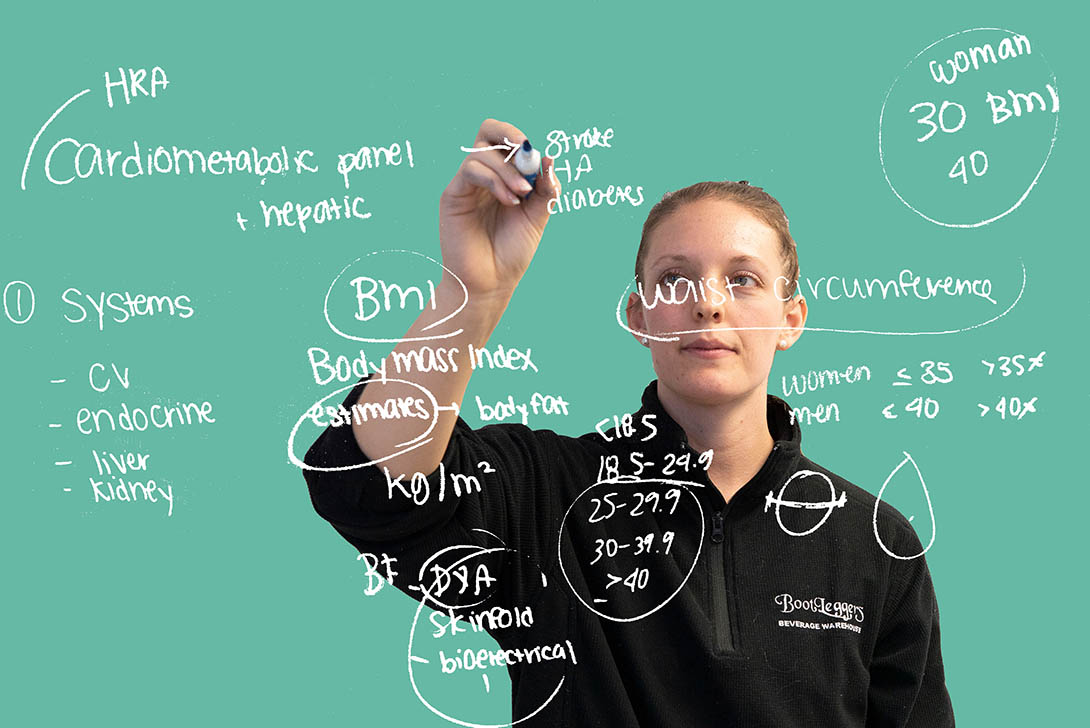Published by Grit Daily, Written by Sarah Marshall click here for the original article

Ask any foreigner what they think of America’s healthcare system; you’ll hear words like “strange” and “dysfunctional”. Healthcare in the US currently fosters a type of willful ignorance around knowing the state of one’s physical wellbeing. Benicomp, a healthcare company based out of Tampa, is taking a ‘knowledge is power’ approach to healthcare, and using technology to do so.
The Centers for Disease Control and Prevention (CDC) shared a peer-reviewed article stating that, “Underutilization of preventive services is largely the result of an implementation gap rather than an information gap; in other words, providers do not prioritize preventive care services although they know that preventive services can reduce the incidence and burden of chronic diseases.”
Says Benicomp President Steve Presser, “Right now people are so scared to use the system that when they feel something going on inside them they wait and wait, and things are getting worse in this interim period,” so instead, Benicomp rewards patients for getting blood screenings by using “outcome-based deductible incentives”.
This means that before a blood screen, their deductible is capped, and if they get a positive result, their deductible may be lowered, which incentivizes people to get their annual blood screen. He pointed to the blood chart of a typical healthcare company’s population, with 30% participation. The results looked positive, with barely any diabetics or pre-diabetics. Then he pointed to Benicomp’s chart, with a whopping 96% participation.
The results did not show greater overall health of the population, but painted a more accurate picture of the risks that patients were facing. The company’s web application, Pulse, helps patients keep track of test results and appointments, and allows them to talk to a healthcare professional about what they can do to maintain or improve their health, and where they should go for certain procedures. This is a radical, yet inevitable approach. Rural areas are seeing healthcare access diminish greatly, as doctors and clinics close for lack of patients and resources. Online assistance with medical diagnoses and procedures is the foreseeable next step in healthcare access.
Presidential candidates on either side of the aisle talk about the issue of healthcare so passionately because it affects so much of the electorate; it’s a game changer because in some instances, people’s lives are on the line. The complexity of the issue makes a one-solution-fits-all approach appealing to many. Mr. Presser acknowledged that The Affordable Care Act did some great things; making sure that patients were not refused by insurers for having preexisting conditions, and removed caps for limited coverage; he also acknowledged that it came with a high price tag.
Policy changes can create volatility for healthcare companies, but Benicomp is confident in its structure. Their size as well as their push toward technological advances to streamline communication with patient populations gives them a certain level of flexibility. This is essential for success – flexibility, because if a new era of healthcare is imminent, patients need to trust the institutions ushering it in.
About the author
Sarah Marshall is a Columnist at Grit Daily. Based in Florida, she covers events related to regional economic growth, politics, and the environment. Sarah writes an environmental column for The Muslim News, and curates a blog that showcases her travels through Asia.

